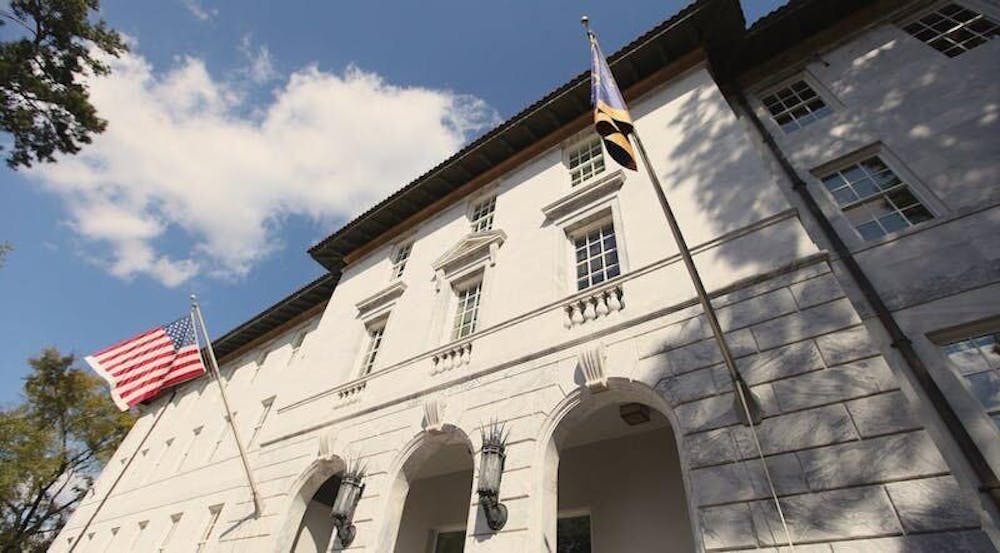After settling a price-fixing lawsuit earlier this year for 18.5 million dollars, Emory University faces a new antitrust lawsuit. Filed on Oct. 7 by a Boston University student and a Cornell University (N.Y.) alumnus, the lawsuit accuses The College Board, Emory and 38 other private institutions of colluding to inflate tuition prices for students from divorced families by including noncustodial parents’ financial information in financial aid calculations. Emory declined to comment on the pending litigation.
The case primarily targets the “Noncustodial Parent (NCP) Agreed Pricing Strategy,” included in The College Board’s College Scholarship Service (CSS) Profile, according to the lawsuit. Private universities use the CSS Profile to award non-federal institutional aid. The CSS Profile annually awards students more than $10 billion in non-federal aid. It also takes financial information from noncustodial parents into account when calculating expected financial aid.
The lawsuit argues that the NCP Agreed Pricing Strategy falsely inflates expected family contributions and reduces the amount of university-granted financial aid students receive. It also claims that the 39 universities and The College Board agreed on the strategy to limit aid offerings and reduce competition.
Just as the previous lawsuit against Emory did, the Oct. 7 lawsuit argues that the actions of the 40 institutions violate the Sherman Antitrust Act. This act prohibits restrictions on competition and the formation of monopolies by eliminating competitive aid calculations that would have benefited students from separated families.
In a press release, Hagens Berman Managing Partner Steve Berman, one of the plaintiffs’ attorneys, spoke to how the 40 institutions may have influenced the rising cost of higher education.
“Those affected — mostly college applicants from divorced homes — could never have foreseen that this alleged scheme was in place, and students are left receiving less financial aid than they would in a fair market,” Berman said.
The plaintiffs seek more than $5 million in monetary damages and a court order ending the pricing collusion.
In a statement to Reuters, The College Board said it was “confident that [it] will prevail in this action.”
Other universities, including Brown University (R.I.) and New York University, have told the press that they are prepared to defend themselves against the lawsuit. Emory has not released a statement.







